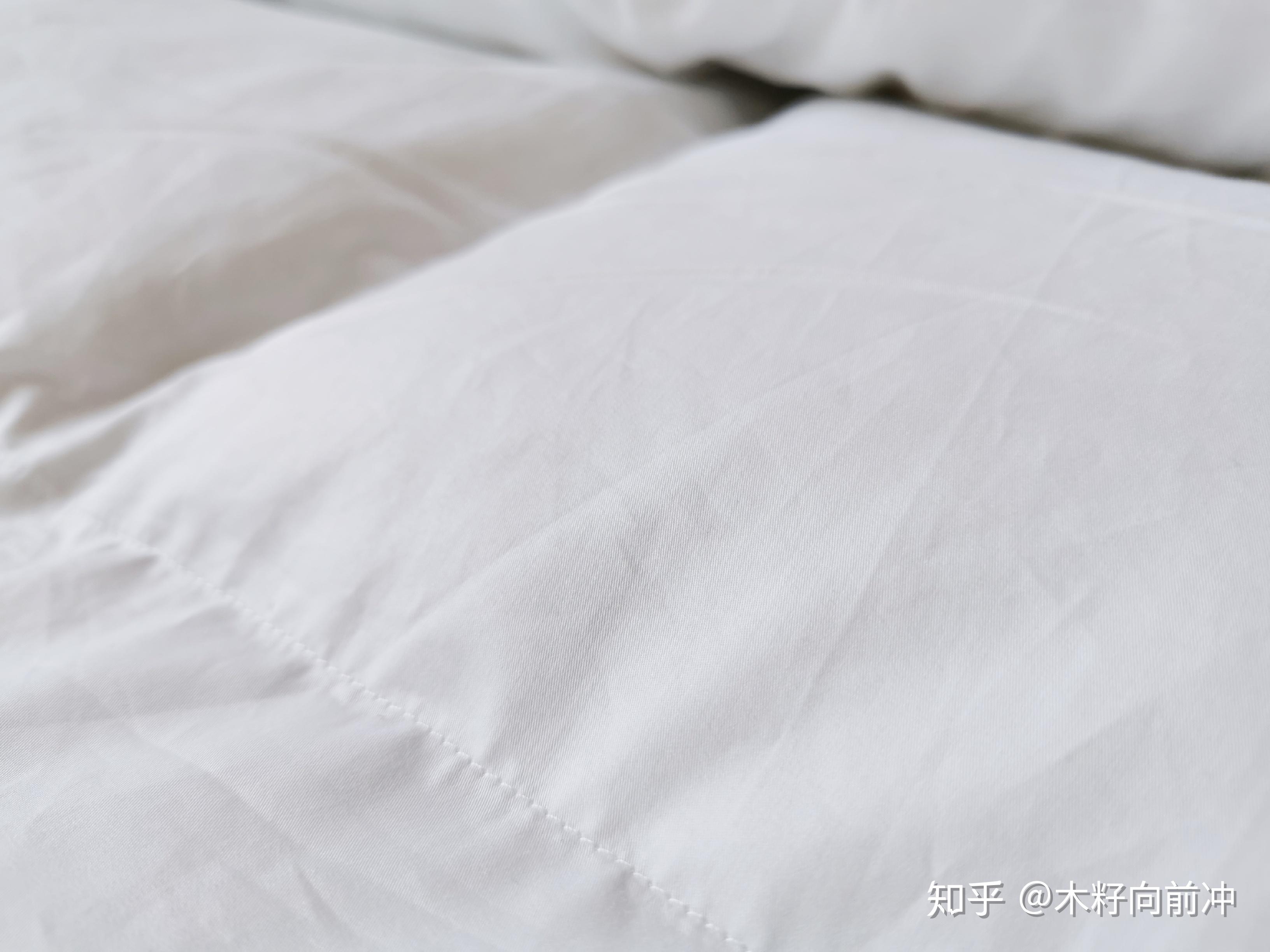Title: Can Men Wear Womens Clothing? The Debate on Gender Non-Conformity in Fashion
The debate over whether men should wear women's clothing or not has been ongoing for decades. Some argue that it is a form of gender non-conformity and can be empowering, while others see it as disrespectful to traditional gender roles. The fashion industry has also played a role in shaping this debate, with designers experimenting with unisex collections and blurring the lines between gender norms. However, there are still those who view men wearing women's clothing as taboo, citing concerns about sexualization or objectification. Despite this, the trend towards gender non-conformity continues to grow, with more and more people embracing their own unique sense of style and breaking down traditional gender stereotypes. Ultimately, the decision to wear women's clothing is a personal one that should be respected by all individuals, regardless of their opinions on the matter.
Introduction

In the modern world, gender non-conformity has become increasingly prevalent, with more and more people questioning traditional societal norms around clothing and appearance. One of the most debated topics within this context is whether men can wear women's clothing. This essay will explore the various perspectives on this issue, including those of fashion experts, psychologists, and activists, and ultimately argue that while wearing women's clothing may not be appropriate for everyone, it can be a valid expression of personal identity and should not be condemned or stigmatized.
The History of Gender Non-Conformity in Fashion
The history of gender non-conformity in fashion dates back centuries, with many fashion designers and artists breaking away from traditional gender norms to create groundbreaking works that challenged societal expectations. However, it was not until the mid-20th century that the idea of men wearing women's clothing began to gain mainstream popularity. This was fueled by the rise of counterculture movements such as the Beat Generation and the LGBTQ+ community, which embraced alternative forms of expression and challenged conventional ideas about gender and sexuality.
Fashion Experts' Perspectives on Men Wearing Women's Clothing
For many fashion experts, the question of whether men can wear women's clothing is a matter of personal preference and style. They argue that clothing is primarily a means of self-expression and that men have every right to choose what they wear based on their own sense of comfort, aesthetics, and identity. Some even believe that men wearing women's clothing can be liberating, allowing them to break free from the constraints of traditional masculinity and embrace a more fluid and inclusive form of self-expression. However, others caution against the potential risks associated with wearing women's clothing, particularly when it comes to issues of consent and respect for other people's boundaries and feelings.
Psychologists' Views on Men Wearing Women's Clothing
Psychologists have also weighed in on the question of whether men can wear women's clothing, with some arguing that it can be a form of therapy or coping mechanism for individuals struggling with gender identity issues or sexual orientation. According to these experts, wearing women's clothing can provide a safe space for men to explore their identities and emotions in a way that might not be possible within traditional gender roles. However, others remain skeptical of this claim, noting that there is little evidence to support the idea that wearing women's clothing can effectively address underlying psychological issues.

Activists' Perspectives on Men Wearing Women's Clothing
Activists are perhaps the most vocal advocates for the right of individuals to wear whatever they choose, regardless of gender or societal expectations. For them, the question of whether men can wear women's clothing is simply a matter of freedom of expression, and they see no reason why anyone should be prevented from expressing themselves through fashion. They argue that clothing is a fundamental aspect of human culture and that denying individuals the right to experiment with different styles and identities is a form of discrimination that violates basic human rights. While they recognize that some people may view men wearing women's clothing as inappropriate or offensive, they contend that such judgments are based on outdated cultural norms rather than any inherent harm caused by the act itself.
The Importance of Context and Consent
Despite the growing acceptance of gender non-conformity in fashion, it is still important to acknowledge the potential risks associated with wearing women's clothing, particularly when it comes to issues of consent and respect for other people's boundaries and feelings. When someone chooses to wear women's clothing without seeking permission or respecting the wishes of others, they may inadvertently violate their rights or cause discomfort for those around them. Therefore, it is crucial for individuals who choose to wear women's clothing to exercise caution and consider the impact their actions may have on others. In addition, it is important for society as a whole to promote greater understanding and empathy towards those who express themselves through gender non-conformity, recognizing that such expressions are often deeply personal and meaningful.
Conclusion
In conclusion, the question of whether men can wear women's clothing is a complex and multifaceted issue that requires careful consideration of various perspectives. While some may view men wearing women's clothing as inappropriate or disrespectful, others see it as an important form of self-expression and personal freedom. Ultimately, whether someone chooses to wear women's clothing should be up to individual discretion, provided it is done in a respectful and ethical manner that does not infringe upon the rights or feelings of others. By promoting greater understanding and empathy towards those who engage in gender non-conformity, we can work towards creating a more inclusive and accepting society where all individuals are able to express themselves freely without fear of judgment or discrimination.
Articles related to the knowledge points of this article:
Will a Washing Machine Explode if I Wash a Down Jacket in It?
How to Clean a Down Jacket Effectively
Title: The Multifaceted Role of Ties in Contemporary Fashion
Top-rated Brands of Jackets and Coats: The Ultimate Guide to Staying Warm and Stylish in Winter
Fashioable Winter Coats and Jackets for Fashionistas
How to Tie a tie: A Comprehensive Guide with Visual Instructions for Men



